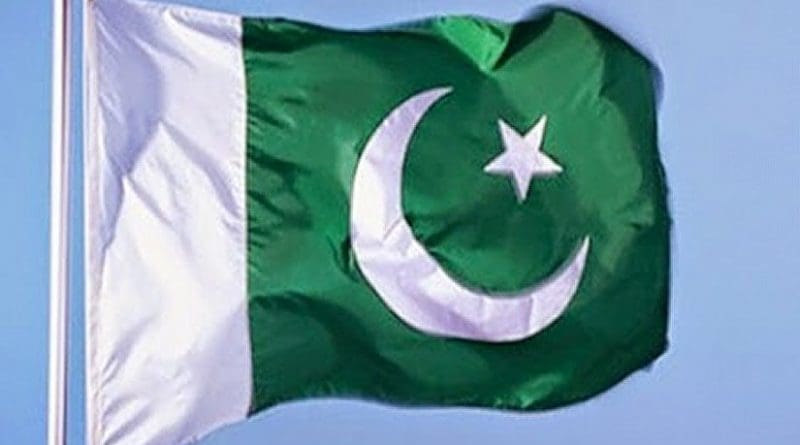General Kayani, There Is Nothing Called A Free Ride – OpEd
If anybody expected the Obama administration to take a series of drastic measures by Pakistan to reduce American influence in that country lying down, here comes a rebuff. Aid to Pakistan amounting to $800 million has been currently kept on hold in reaction to some “steps” by Pakistan.
The decision signals that the aid money is linked to on-ground cooperation and is not meant to be a blank check. Moreover, US indicates that it can not be business as usual with Pakistan till the time the Pak army refuses to pay heed to its requests to make the counter-terrorism efforts more inclusive, by targeting both varieties of Taliban- good as well as bad.
Pakistan has received nearly $12 billion dollars in direct military aid since 2001. If number of reports is to be believed, a substantial portion of the money has been diverted to augment its conventional war fighting capacities vis-à-vis India, rather than increasing its counter-terror capacities.
The fact that Pakistan categorized the flow of money as some sort of US philanthropy was evident in the statement of Army Chief General Ashfaq Parvez Kayani on 10 June. Speaking at the 139th Corps Commanders Conference, Kayani proposed that billions of dollars in US aid meant for the military’s fight against terror should be diverted to bolster the economy and help ordinary Pakistanis- revealing the mindset of a mercenary who forgets to honor the commitments as soon as an alternative is available.
On several forums, pro-Army Pakistani experts even went to the extent of castigating the US for providing “much less than what had been promised”- referring to a self-invented sense of obligation on part of the US to keep the money flow uninterrupted.
After Osama’s death, which many believe exposed a nexus between the Al Qaeda and the Pakistan Army/ISI establishment, Pakistan went on an overdrive to reduce American intelligence presence in the country. It refused to entertain US requests for launching an operation against the Afghan Taliban and the Al Qaeda in North Waziristan, demonstrating keenness in weakening the Bad Taliban or the TTP, which was the source for instability in the country and not the Good (Afghan) Taliban, which is a critical component of its policy of finding strategic depth in Afghanistan.
This made counter-terrorism efforts in North Waziristan limited only to carrying out drone attacks. Such attacks by these unmanned predators have their own utilities. Few senior Taliban/ Al Qaeda leaders apparently have been neutralized in such strikes. But an ungoverned territory spread over 4473 square miles where terrorists are believed to coexist with the tribal population, is too large a piece of the earth to be pin pricked by the drones. It has to be swept clean with a clear and undiluted military operation.
What are the options for Pakistan? If media reports are reflections of the public mood and official policy, opinions are divided. Since the killing of Osama, the Pakistani army and its intelligence agency have come under sharp criticism from various quarters. Calls have been made for making both these agencies accountable to the people. This segment of society, which has just not grown over time and has found ways to express itself, would like the Pakistan army to be sincere to the efforts of eradicating terrorism. However, such voices aren’t the most influential.
On the other hand, Pakistan can choose to go the rebellious way and try stoking US insecurities in the region, believing that it is the most effective way of dealing with the US. It can choose to distance itself from the war on terror and increase its dependency on China, even though the latter has little capacity and will to get Pakistan out of the morass of the economic bankruptcy and a thriving insurgency.
Games nations play have inherent elements of suspense attached to them. It is still premature to term the “withholding” of the aid, as a permanent suspension. US is merely sending a stern message to Pakistan rather than severing ties with it.
US military aid to Pakistan remains linked to the sense of insecurity the latter provokes with the scenario of its destabilization. In 2007, a Newsweek cover described Pakistan as the “most dangerous nation in the world”. Very little has changed since then. And that will invariably tilt the balance in favor of resuming the withheld aid. However, whether that happens before or after Pakistan complies to the US directives, is something to be watched out for.
This article was published by Al Arabiya and reprinted with the author’s permission

